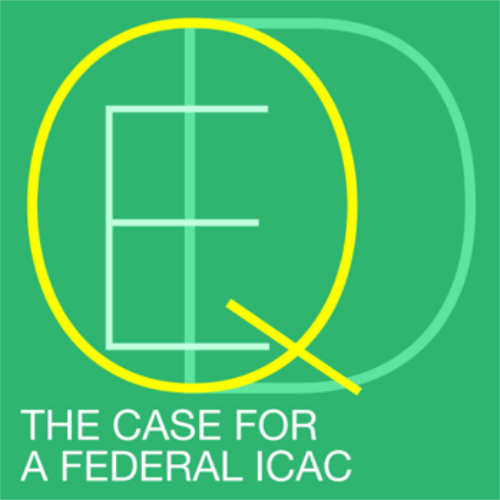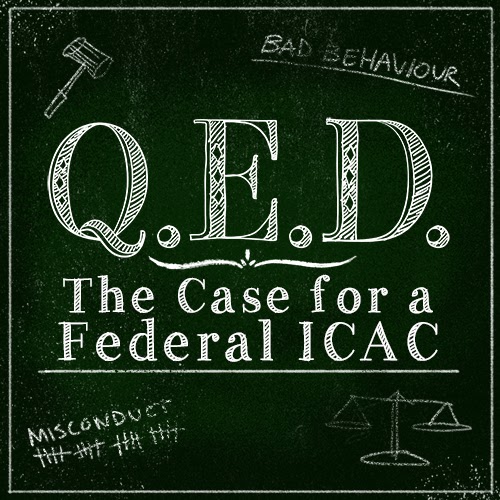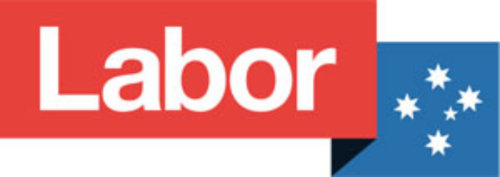Sam Dastyari warned Chinese national of potential phone bugging
2016 – 2017
During the election campaign, then Labor senator Sam Dastyari supported China’s position over the South China Sea at a press conference at which Chinese national Huang Xiangmo stood next to him. Dastyari reportedly later warned Mr Huang his phone was probably being tapped by US agencies.
Fellow Labor senator and Defence spokesman Stephen Conroy just one day earlier, on June 16, had criticised China over its incursions into the South China Sea and said that if elected, Labor would show its resolve to counter China’s perceived aggression in the region.
The ABC reported that Mr Huang had promised to give $400,000 to the Labor Party, but cancelled the donation when he heard what Senator Conroy had said. Dastyari denied he had made his remarks to persuade Mr Huang to change his mind about the donation.
Dastyari reportedly later warned Mr Huang that his phone was probably being tapped by US agencies in a secret face to face meeting between the pair in October 2016, a month after Senator Dastyari quit the frontbench and after senior Labor officials had received briefings from ASIO that Mr Huang was of interest to the agency over his opaque links to the Chinese Government.
Dastyari also let a company with links to the Chinese Government pay a $1,670.82 bill incurred by his office, for which he admitted he was wrong to allow. An examination of Dastyari’s disclosures shows other Chinese-linked companies and entities have picked up the senator’s costs for legal bills, entertainment and travel.
He resigned from the Senate in December 2017 after the Labor leader Bill Shorten told him his career was going nowhere.



